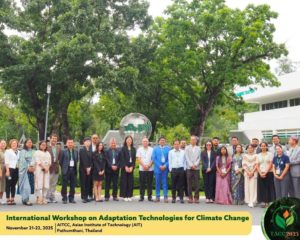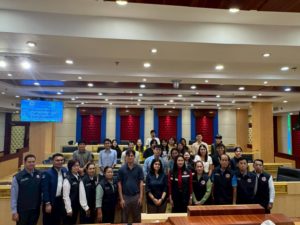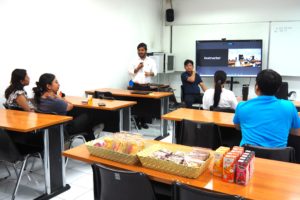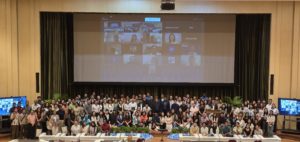Urban Innovation and Sustainability
UIS Academic Program has replaced Urban Environmental Management (UEM),
ABOUT UIS
Urban Innovation and Sustainability (UIS) program aims to enhance the capacity of professionals in coping with growing and complex urban needs, challenges and opportunities. Innovation refers to development of new technologies such that they denote physical objects (e.g. products, services) and knowledge systems (e.g. methods, systems), and sustainability transition aims to meet socio-ecological system needs in ways that promote healthy ecosystems, human well-being, and viable economies. The program covers systems approach of multi-scale and cross-sector, and multi-agent connectivity and decision making. It also applies different methods of enhancing capacity, for emerging themes, e.g., ageing society, circular economy, smart buildings, responsible tourism and consumption, healthy and inclusive cities, etc.
Research Area
Keywords: Systems development and management; Smart and sustainable cities Exchanges and practical workshops
WHY STUDY THIS PROGRAM
UIS program is very much in line with global and regional trends of urbanization and sustainability which have come with both challenges (eg, more inclusive/environmental friendly services, complicated and growing risks incl. Covid-19 pandemic, and opportunities

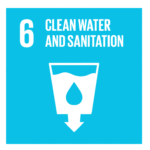
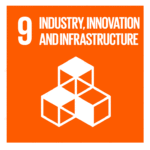
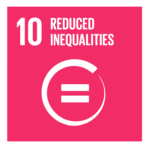
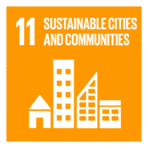
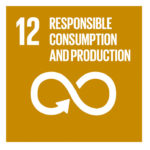
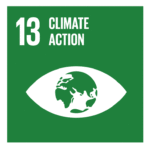
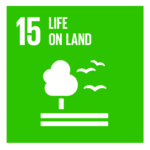
UIS Curriculum
UIS provide diverse programs to meet the dynamic needs of students, including regular (two-year) M.Sc./M.Eng./M.Phil. program, one-year master’s degree program, one-year professional master’s program, and doctoral degree program. Each program requires corresponding credits and courses for the degree.
A summary of credits required for different programs in UIS (in the same group of programs/sub-department) is given below.
Master's Regular (two-year)
Thesis Option
48
Credits
3 Credits of Required Institute Wide Course (IWC)
11 Credits of Required program
10 Credits of Elective
24 Credits of Research
Research/Internship/Exchange Option
48
Credits
3 Credits of Required Institute Wide Course (IWC)
11 Credits of Required program
18 Credits of Elective
12 Credits of Research/Internship/Exchange
Minor (in other program)
48
Credits
3 Credits of Required Institute Wide Course (IWC)
11 Credits of Required program
10 Credits of Elective
12 Credits of Research & 12 Credits of Urban Management
Master of Philosophy
48
Credits
3 Credits of Required Institute Wide Course (IWC)
45 Credits of Thesis
Master's One-year
Special Study
30
Credits
3 Credits of Required Institute Wide Course (IWC)
9 Credits of Required program
12 Credits of Elective
3 Credits of Special Study
Course work (only)
30
Credits
3 Credits of Required Institute Wide Course (IWC)
9 Credits of Required program
18 Credits of Elective
Professional Master in Urban Management (One-year)
33
Credits
3 Credits of Special Study and 6 Credits of Project
Minor in UIS
12
Credits
6 Credits of Required program
6 Credits of Elective
Doctoral (Ph.D.)
84
Credits
3 Credits of Required Institute Wide Course (IWC)
9 Credits of Elective
72 Credits of Dissertation
48
Credits
3 Credits of Required Institute Wide Course (IWC)
11 Credits of Required program
10 Credits of Elective
24 Credits of Research
A list of courses for different degrees in UIS is given below;
| Title | Credits | Regular (two-year) | One-year MS | PM (in UM) | Minor in UEM | Doctoral (Ph.D.) | Semester |
|---|---|---|---|---|---|---|---|
| Urban Systems Innovation and Sustainability | 3(3-0) | R | R | E | R | R | August |
| Urban Planning and Design | 3 (3-0) | E | R | E | R | E | August |
| Information Systems Development and Management | 3(3-0) | E | E | E | E | E | August |
| Managing Technology and Innovation | 3(3-0) | E | E | E | E | E | August |
| Urban Air Quality Management | 3(3-0) | E | E | E | E | E | August |
| Climate Compatible and Sustainable Infrastructure Development | 3(3-0) | E | E | E | E | E | August |
| Smart Energy Buildings | 3(3-0) | E | E | E | E | E | August |
| Urban Innovation and Sustainability Workshop | 3(1-6) | R | R | E | R | E | January |
| Digital/ICT Innovation for Built Environment | 3(3-0) | E | E | E | E | E | January |
| Urban Population and Health | 2(2-0) | E | E | E | E | E | January |
| Urban Eco-Innovation and Circular Economy | 3(3-0) | E | E | E | E | E | January |
| Socio-ecological Systems Approach and Diagnosis | 2(2-0) | E | E | E | E | E | January |
| IWC | 3(3-0) | R | R | E | E | E | January |
| Logistics Systems | 2(2-0) | E | E | E | E | E | Inter-Semester |
| Sustainable Tourism and Urban Landscape | 2(2-0) | E | E | E | E | E | Inter-Semester |
| Spatial Analysis for Urban Environmental Management | 2(2-0) | E | E | E | E | E | Inter-Semester |
| Urban Resilience Assessment | 2(2-0) | E | E | E | E | E | Inter-Semester |
Note: R = Required, E = Elective
Preferred Background
Since UEM is a multi-disciplinary program, academic background of applicants can be flexible. However, the following background areas are preferred: Architecture, Urban and Regional Planning, Economics, Environmental Science, Civil Engineering, Natural Resources Management, Geography, Political Science, Social Science, Public Administration, Law, etc.
For Doctoral program, in addition to the Master’s degree in a field relevant to UEM, two or more years of relevant professional experience is ideal. A detailed dissertation research outline must be submitted for PhD application.
EXPERIENCE & CAREERS
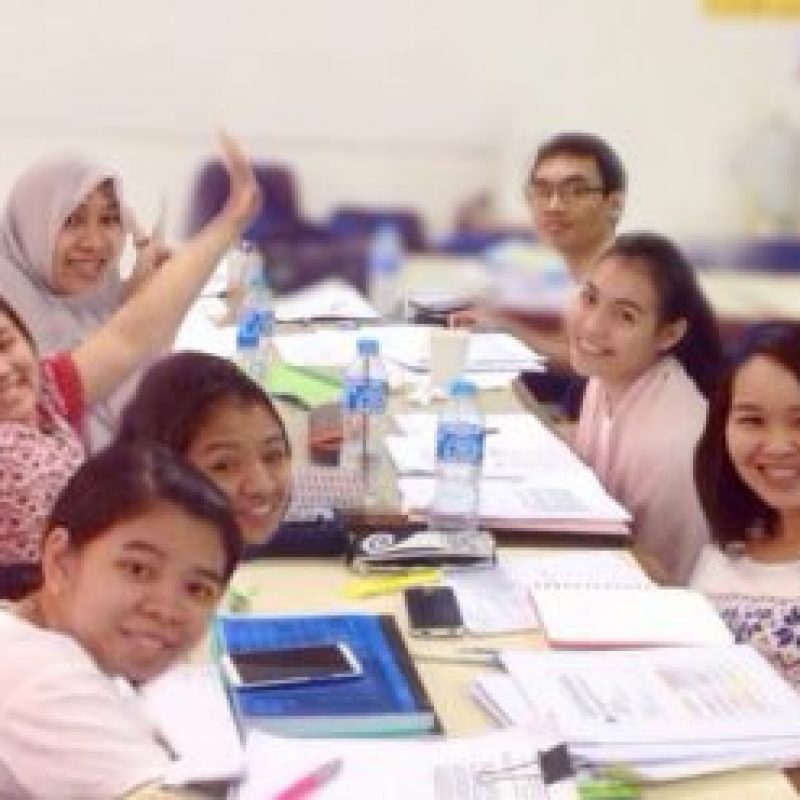
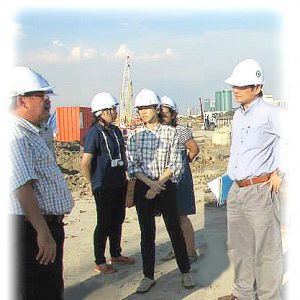

UIS Networks
A notable strength of the UIS/UEM community is the great variety of regional and academic backgrounds of its staff and students. Currently the school has 2,300+ students from 47+ countries, faculty from 40+ countries, and a powerful alumni network of 10,00+ SERD graduates and 23,000+ AIT graduates.
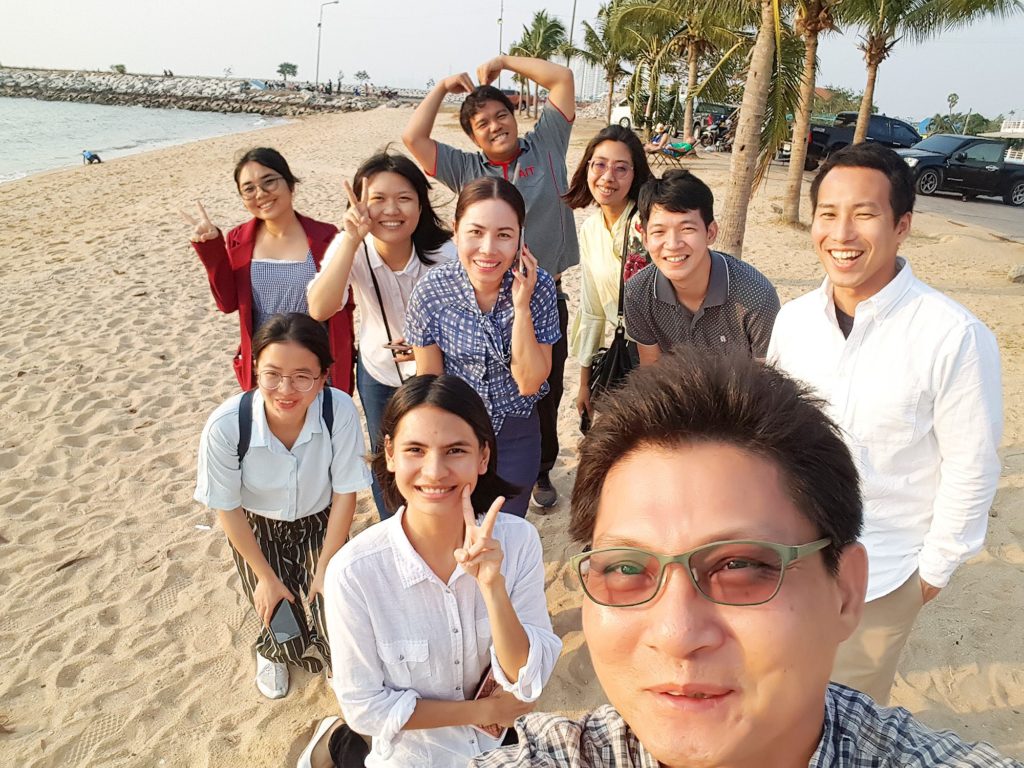
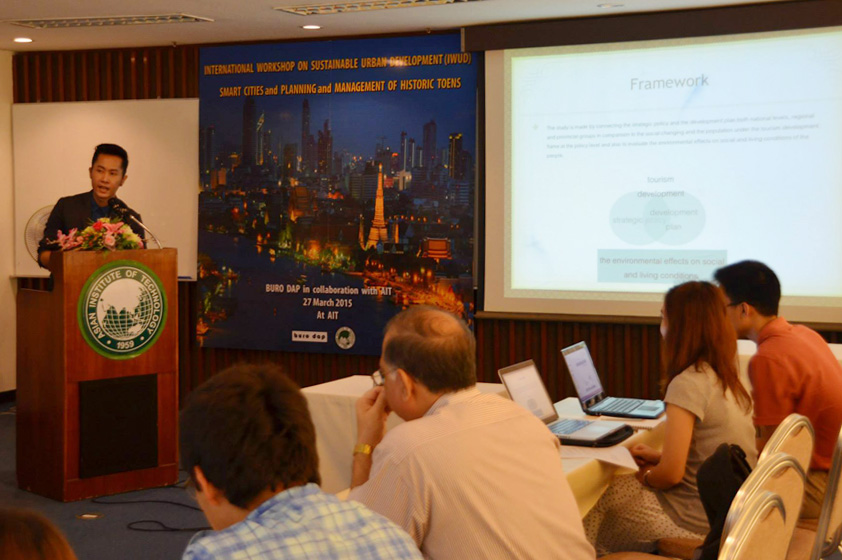
Partners & Collaborators
UIS has collaborated with various major organizations through projects, training, and other academic events.
Our current and past partners include: UNESCAP; Un-Habitat; UNDP; ADB; CIDA, Canada; SIDA, Sweden; Helsinki University of Technology, Finland; University of Toronto, Canada; University of Tokyo, Japan; Yokohama National University, Japan; Toyo University, Japan; Royal University of Phnom Penh, Cambodia; Phnom Penh Municipality, Cambodia; Chiang Mai University, Thailand; Ho Chi Minh University of Technology, Vietnam; West Java Environmental Protection Agency, Indonesia; Open Works and Transportation Institute, Lao PDR; Urban and Regional Development Institute, Indonesia; Local Government Academy, Philippines; Association of Cities in Vietnam; The National Municipal League of Thailand; Community Organization Development Institute, Thailand and more
Contact us
Leave your message, we will contact you soon
